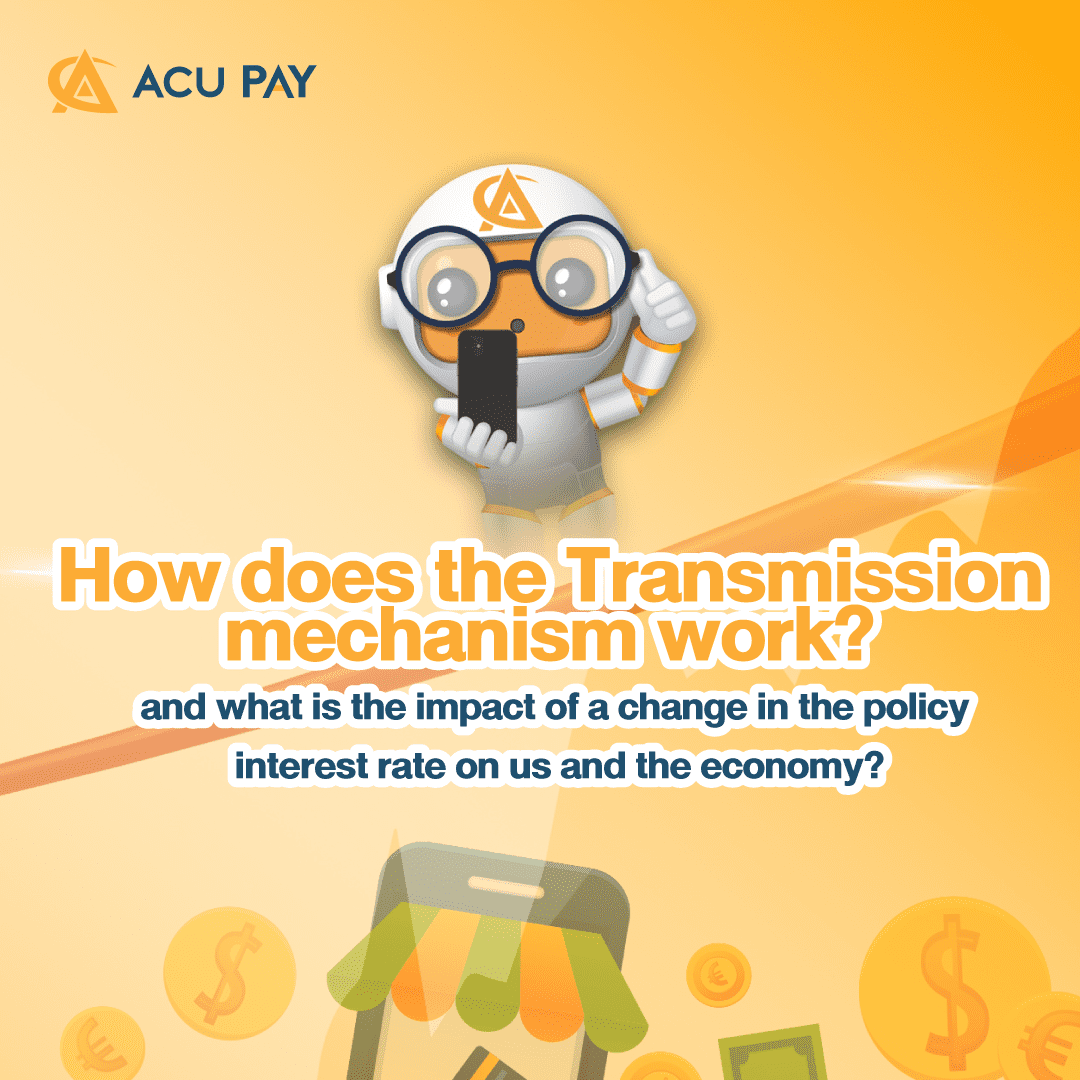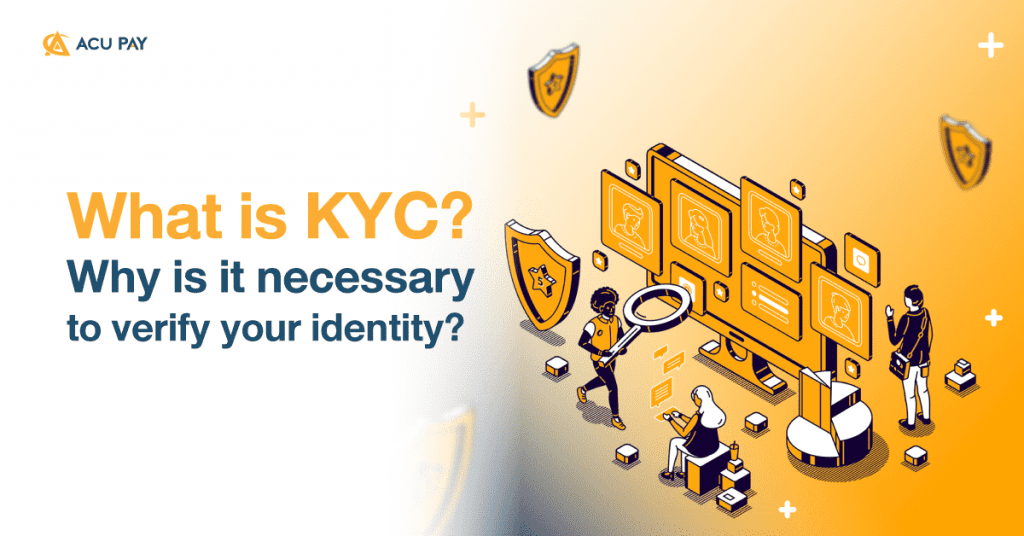

KYC stands for “Know Your Customer.” It is a process of authentication to know customers who can identify and authenticate themselves. (Identification and Verification). To verify the identity of the customer to prevent fraud or falsification of information in financial transactions. This includes preventing money laundering and ensuring the safety of data owners. including the prevention of identity theft same as when we go to open a bank account and must use an ID card.
KYC is part of the Anti-Money Laundering Act 1999, which the law requires the following agencies to have a duty to perform KYC for customers: financial service providers such as banks, e-Wallet service providers, and e-Payment securities brokerage companies; life insurance and non-life insurance companies;
KYC will help to reduce the risk of illegal actions. Whether it is corruption, bribery, or money laundering, assist system users in becoming more secure including service providers.
This KYC can happen both offline. For example, going to a bank to make a transaction for the bank to compare between the card’s face and our real face, or online called E-KYC, there are steps as follows.
Users will not be able to use or do transactions as it is an important step in verification to prove ownership and is a measure to prevent corruption under the law.
On the part of the company, on legal liability If it is found that the company does not have a process to supervise, control, and screen KYC according to the specified standards, there will be a fine of not more than 1 million baht and an additional fine of not more than 10,000 baht per day until the process is corrected.
Therefore, in order to legally verify the identity of the platform provider. Identity verification is known as KYC (Know Your Customer) to be safe and prevent the risk of data falsification.